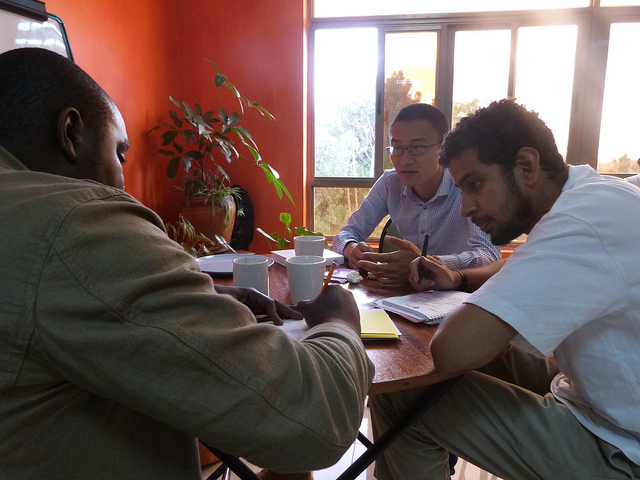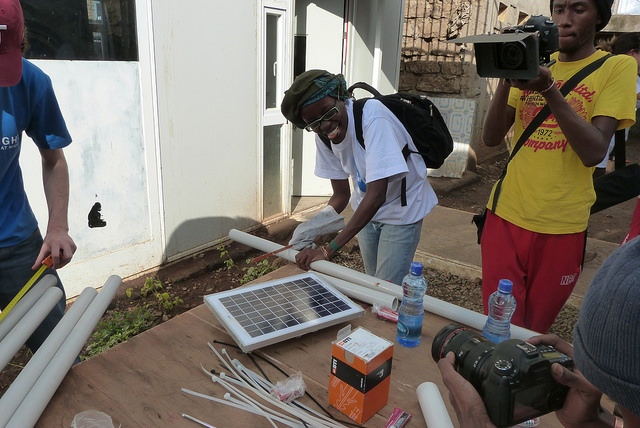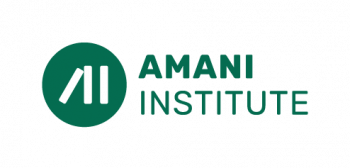This is a guest blog post written by our Alumni Kofi Yeboah who is heavily involved in the start-up scene in Ghana and works at Clean Team Ghana
____________________________________________________________________________________________________________________
I sat quietly listening to my unemployed colleague as he recalls how he missed many opportunities back in the university because he concentrated on getting good grades. Indeed, he had good grades and only needed few points to be a first class student. Ghana has about 48 universities and every year, on the average, about 4000 students graduate from each of these universities with different classes looking for jobs.
Graduates are victims of “good class will get you a good job”; they aim to get a good class. In fact, students who excel in exams and get good grades are adored in the university. They are seen as the ones who will have access to better job opportunities and good life after completion. “Certificate doesn’t put cheese burger on the table. Rather. Be smarter, talented, tougher, and grow your network make an effort to keep, meet new people while in school and to keep in contact with those you know and trust me the certificate will be second option” says Oscar Oscar during a Facebook deliberation on the subject matter.

Students are eager to get good grades to the extent of cheating on assignments, quizzes and exams. Students have no clear understanding of the changing trends in the job market or the economic shift of businesses locally and globally. They see their success through the lens of being able to go to university and graduate with either a second class or possibly first class.
In Ghana, the government is largely blamed for the high graduate unemployment because of the inability to create enough jobs for graduates. As a result, there has been a formalized unemployment organisation known as the Unemployment Graduates Association of Ghana (UGAG).
THE LIE
The error is, many unemployed graduates do not think beyond the “school walls”, they believe in the status quo of society – “Go to school, get the best grades and then you will get a job”. Many ignore to read wide (read beyond their course books), they do not know the new trends in the job market, the new jobs coming up, what employers are looking for, etc. “Ghanaian tertiary education is not top of the world. It’s just the truth. So if you want to meet international standards then you have to constantly improve on yourself and be above your peers. In the real world, businesses want usable results, not just for you to fill in the blanks,” said Akua Akyaa Nkrumah during a Facebook discussion. Most students read no other book apart from the books recommended for the programme. This makes them not fit for the knowledge economy. They do not take advantage of free online relevant courses because their act of curiosity has been shuttered by the system in university.
FAIL TO NETWORK
Networking or attending conferences/summits/forums/workshops is irrelevant to them, “if it won’t increase my GPA, why should I participate?” they will remark. Students attend conferences or summits with the purpose of getting a certificate of participation which they believe gives them an advantage during interviews (I don’t know who lied to them about that). When I was in the university; my colleagues will pay to attend conferences, but will come for the certificate of participation without actually attending. Jon offei-Ansah, Founder and Publisher of AfricanBriefing Magazine coins it this way – “Networking is very important if you want to get ahead in life. I always say education is not restricted to the classroom, but goes beyond it. It is what I call the University of Life, and one important subject is networking”. (Amani Institute’s founder Roshan Paul also wrote about the importance of networking when trying to find a job in the 21st century on Skoll World Forum.)
INTERNSHIP/VOLUNTEERISM
Universities should be able to create partnerships with industries to help structure curriculums and provide access to field training. However, there are no such partnerships in the tertiary institutions; therefore students are not challenged to seek such opportunities for themselves. Engaging in internship is just a requirement for getting good grades especially for students at the polytechnic. However, students do not know that, the only way to build your skills as a student is to be an intern. Be willing to work for free for an organization you can learn a lot from. Students should engage more in voluntary activities to build analytical, creative, communication and practical intelligence skills.

There is a need for more transforming educational institutions such as Ashesi University (Ghana) and Amani Institute (Kenya | Brazil) that defy the exiting model of education. At Amani, students are groomed based on five key values – Vision, Courage, Empathy, Changemaking and a Global Mindset. During my studies at Amani, we could disagree with the lecturer on a particular topic being taught without the lecturer feeling ashamed. We had experts from industries as guest lecturers who will help bridge the gap of how we can fit in and improve the real world with what we are learning. As part of my internship, I consulted for ACDM, a community media organisation in Nairobi, that wanted implementedan online TV project. I was tasked by Amani to review their business plan and figure out how the company could leverage on social media to build the online TV. Each week, I presented my weekly achievements through a presentation to the class and lecturers. I could feel I was solving real organisational challenges with what I was being taught at Amani.






